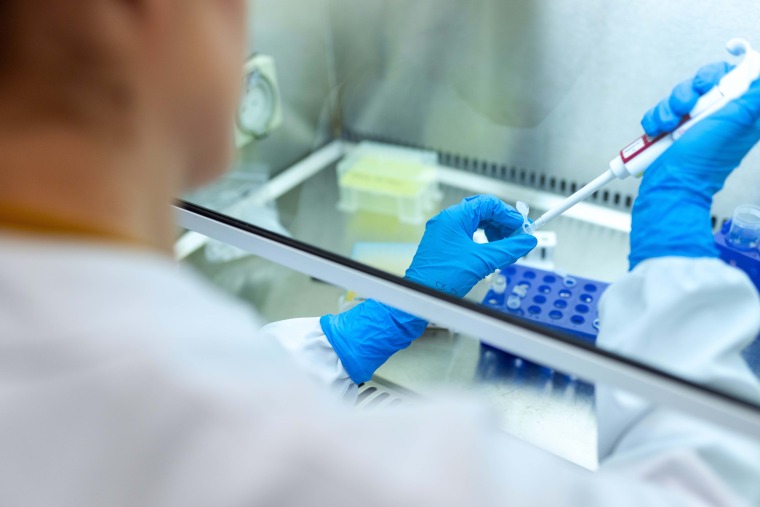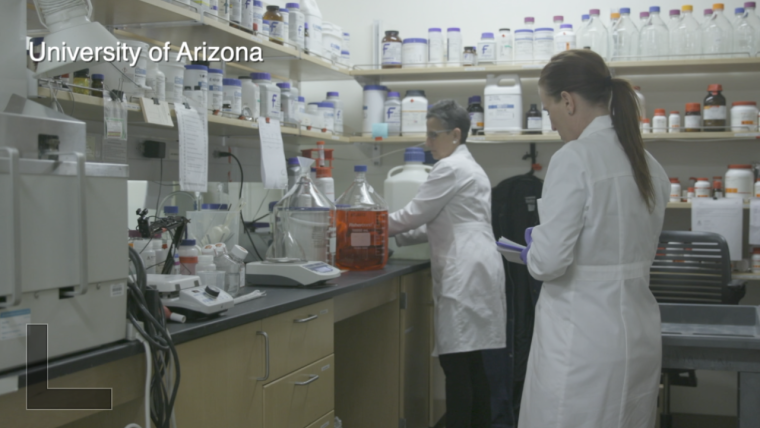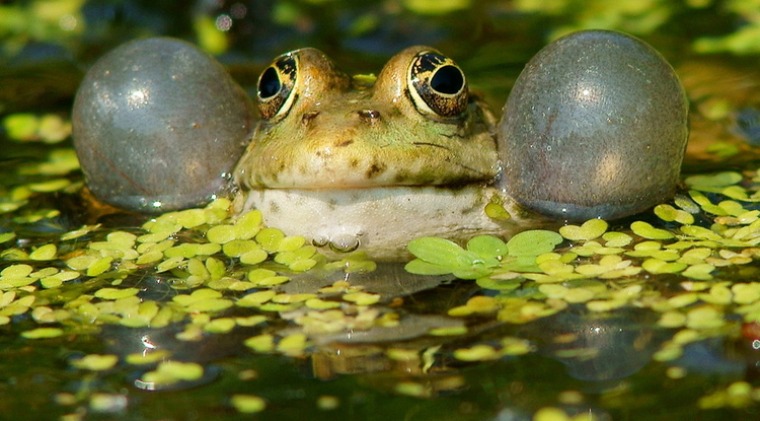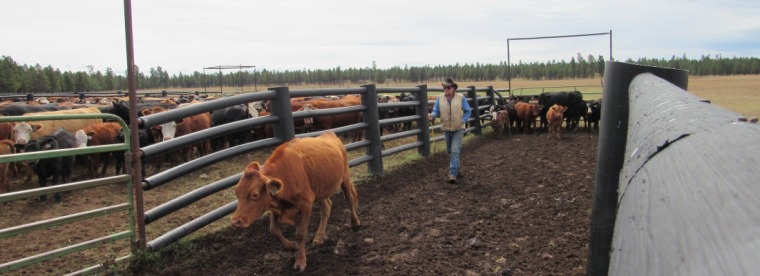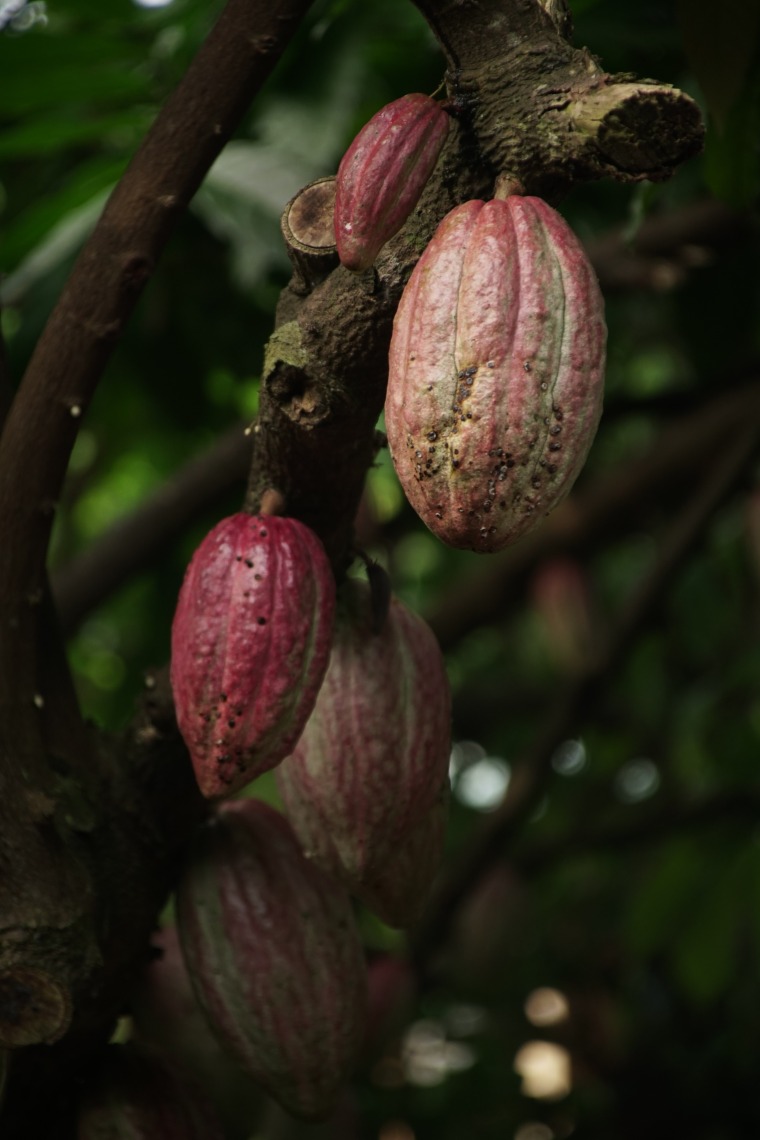TRIF-Supported COVID-19 Seed Grants Enable Collaborative Solutions to the Pandemic
The BIO5 Institute solicited COVID-19 research proposals for seed grants supplied by the Technology and Research Initiative Fund (TRIF). In a rapid response to the pandemic, interdisciplinary teams of two or more principle investigators were encouraged submit applications for basic science, technology, clinical or population research.
To be considered a competitive applicant, teams needed to demonstrate that the personnel and infrastructure needed to immediately begin the proposed studies were in place at the time of submission.
Each team was asked to write a two-page proposal detailing the significance of the project, in addition to deliverables such as manuscripts and preliminary data for specific external grant mechanisms.
Teams could request up to $60K for research supplies, small equipment, staff and student compensation and core facility use. A detailed budget and justification were required to supplement the main proposal.
Principle investigator biosketches were also required. Co-lead applicants needed to be BIO5 members or willing to apply for membership.
Applications were reviewed based on three main criteria.
• Proposals were judged on their potential to make immediate local, national and global COVID-19 impacts.
• Because grants were solicited from teams of two or more leads, collaboration and teamwork were assessed and highly valued.
• The use of UArizona core facilities by the researchers was also compared between applicants.
Overall, 13 of the 55 seed grant applications were selected for six-months of funding. Over $500,000 of TRIF resources have been dedicated to address COVID-19 through these projects.
About the University of Arizona BIO5 Institute
The BIO5 Institute at the University of Arizona connects and mobilizes top researchers in agriculture, engineering, biomedicine, pharmacy, basic science, and computational science to find creative solutions to humanity’s most pressing health and environmental challenges. Since 2001, this interdisciplinary approach has been an international model of how to conduct collaborative research, and has resulted in disease prevention strategies, promising new therapies, innovative diagnostics and devices, and improved food crops.
For more information: BIO5.org (Follow us: Facebook | Twitter | YouTube | Instagram | LinkedIn).


